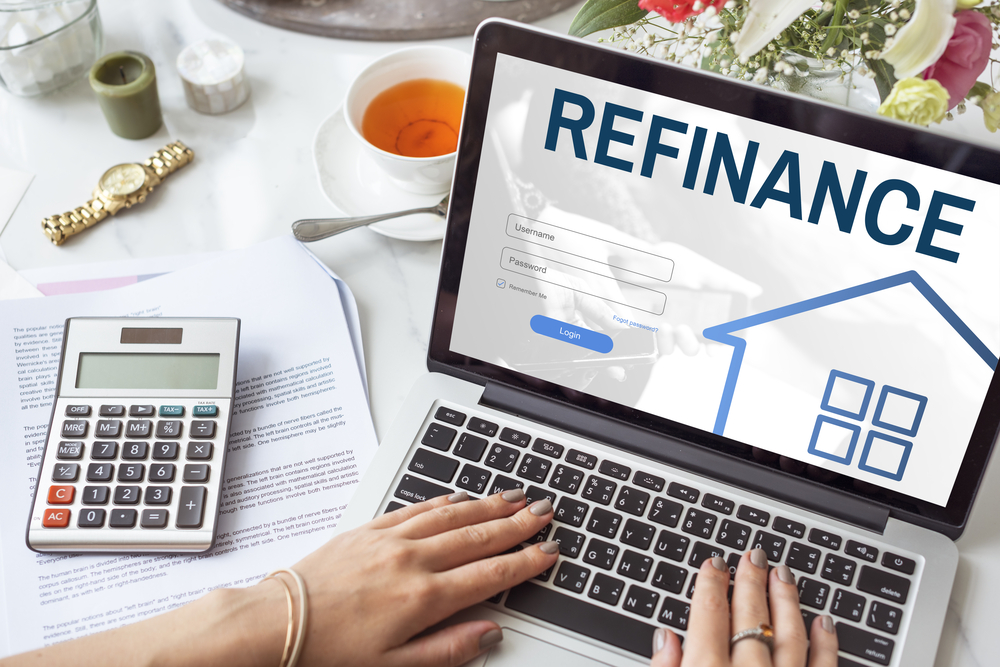Mortgage Rates For February 5, 2024: What Should You Consider When Refinancing Your Home?

If you purchased your home when interest rates were high, or if your financial situation has changed significantly, you may be thinking about refinancing your home. Often, people consider refinancing when their income has increased significantly, when interest rates have dipped, or when they add a second person to their home who also contributes a significant amount of income to the household.
If you’re looking to refinance, it’s a great idea to keep an eye on average daily mortgage interest rates. Track them for a while and pounce when the rate is good – as someone who wants to stay in your home, you have the luxury of making your decision based upon the available rates that day.
30-year mortgage interest rates +0.12%
The average daily mortgage interest rate for Monday, February 5, 2024 is 7.04% for a 30 year fixed rate. The rate rose 0.12% from yesterday and 0.29% from January 2024. This information is sourced daily from correspondent, retail, and wholesale lenders located in the United States.
Lenders in the freerateupdate.com network are currently offering rates as low as 5.9% (6.1% APR) on a 30-year fixed-rate mortgage. Receive a rate up to 1.14% lower than today’s average 30-year mortgage rate if you qualify. ⓘ
15-year mortgage interest rates +0.13%
The average daily mortgage interest rate for Monday, February 5, 2024 is 6.38% for a 15 year fixed rate. The rate rose 0.13% from yesterday and 0.37% from January 2024. This information is sourced daily from correspondent, retail, and wholesale lenders located in the United States.
Lenders in the freerateupdate.com network are currently offering rates as low as 4.9% (5.2% APR) on a 15-year fixed-rate mortgage. Receive a rate up to 1.48% lower than today’s average 15-year mortgage rate if you qualify. ⓘ
What should you look for before committing to a refinancing application for your mortgage?
In addition to the interest rate you could get on refinancing, you should consider other factors that come along with mortgages, including those attached to refinancing:
- Terms of Loan: Sometimes, your monthly payment will look lower on a new loan simply because the term of the loan is extended. This may or may not be something you want, but either way, be sure to keep a comparison of the total amounts owed in mind (new loan versus existing).
- Your Equity: Usually, lenders prefer you have good equity in your home. If you’ve been there a while and the value of your home has increased since purchasing it, this can help you refinance your home.
- Your Current Finances: What is your current financial situation? Additional income, new family members contributing (who would be on the new loan), and improved credit scores can help you achieve a better loan offer when you’re refinancing.
- Refinancing Costs: It costs money to re-fi. Just like any other mortgage, refinancing means you’re paying for appraisal fees, closing fees, and also a hard check on your credit report, which can get in your way if you want to finance any other purchase soon, such as a car. You may be able to recover these costs through a comparatively lower monthly payment, but make sure to factor them in. These fees usually get tacked on to the total loan value.
If the interest rates are lower now than when you bought, if you have equity in your home, and you’re also seeing personal financial gains and an improved credit score, it might be worth considering a new loan to refinance.






